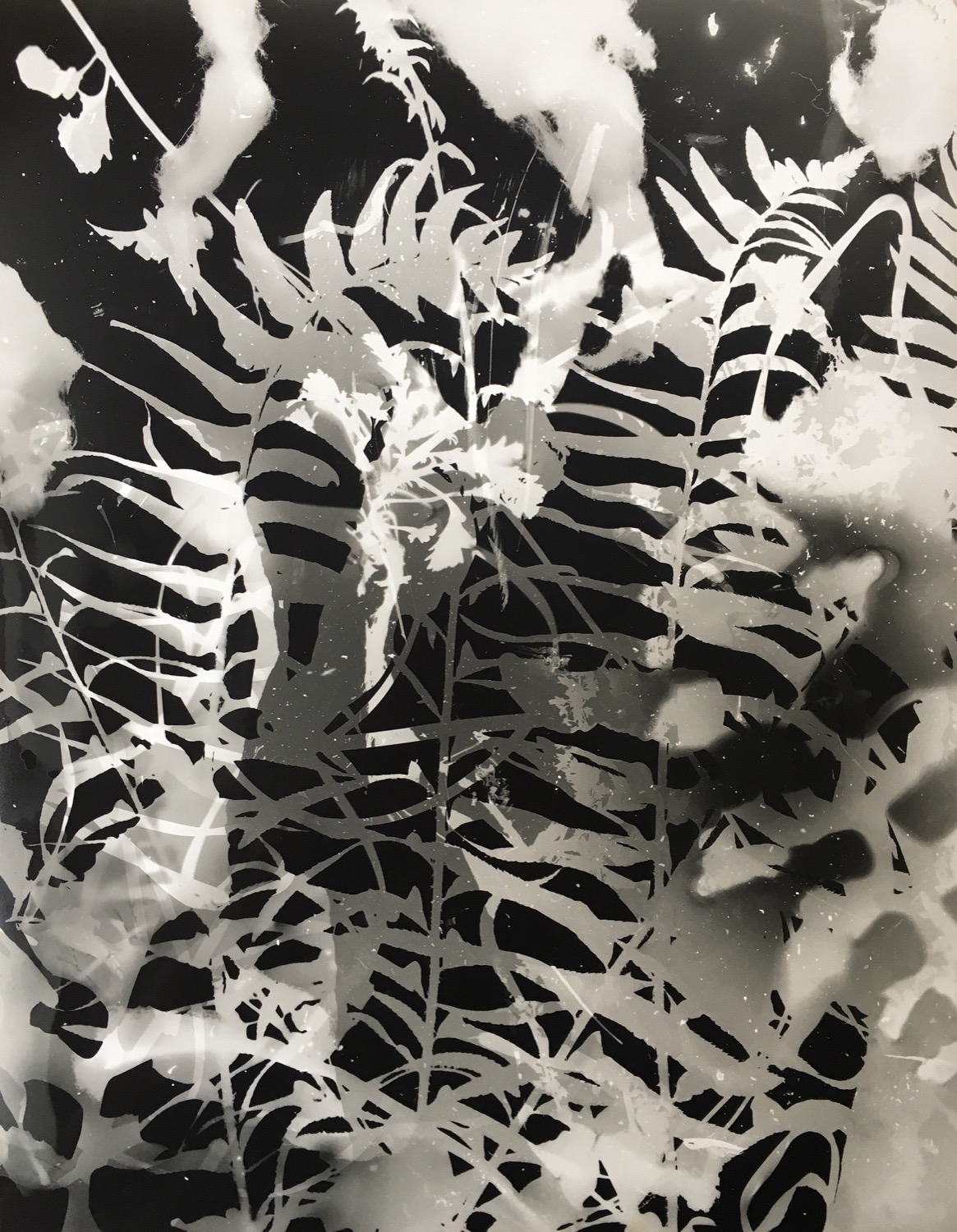
An Ordinary Eden
Margaret Mitchell
Margaret Mitchell's photographic series, "An Ordinary Eden," delves into the concept of home, exploring the fundamental human desire for a sense of belonging.
Artdoc

Margaret Mitchell's photographic series, An Ordinary Eden, delves into the concept of home, exploring the fundamental human desire for a sense of belonging. She documented the lives of individuals in Scotland who have experienced or are currently facing homelessness, capturing their stories through her lens. She reveals that the everyday desire for a regular life is what truly resonates. This series of photographs challenge viewers to consider the roles of care, compassion, and dignity within society.
Published in issue #2 2024, Human Narratives

Payment Failed

Margaret Mitchell: When I started this work, I wanted to ask a question about home and the need to belong. I wanted to ask those whose lives were not as others might be what their experiences, both practically and emotionally, were. I tried to look at what happened when the ability to have a stable home and a sense of place was interrupted by circumstances when life’s journeys were somewhat complex and imperfect and when we don’t always lead a life we thought—or hoped—would happen.


An Ordinary Eden contemplates the universal need to belong, to lay roots, and to be connected to people and place. Over four years, I photographed people across Scotland with current or past experiences of homelessness, producing work that reflects on home and belonging for everyone. The work concluded by asking about care, compassion, and dignity, questioning the systems that maintain the status quo and society's responsibilities.


Each person’s idea of ‘home’ is not a wish for a future idealised scenario, an unattainable fantasy. Rather, the ordinary, the everyday, that is sought: safety, security, and stability. This is not a search for utopia, an unreachable fantasy. It is the simple wish for a regular life, a pursuit of each individual’s Ordinary Eden.
About
Margaret Mitchell is a Scottish photographer whose work ranges from exploring communities and children’s worlds through projects on the individual and society. By bridging the psychological and the social, her work explores the intricacies and complexities of people’s lives, emphasising place and belonging. She has exhibited widely, including at the Scottish National Portrait Gallery, Edinburgh, and the National Portrait Gallery, London. Her book ‘Passage’ (Bluecoat Press, 2021) asks questions on the nature of disadvantage, and her work is in the permanent collections of the National Galleries of Scotland and the Martin Parr Foundation.
.svg)
.svg)
.svg)







